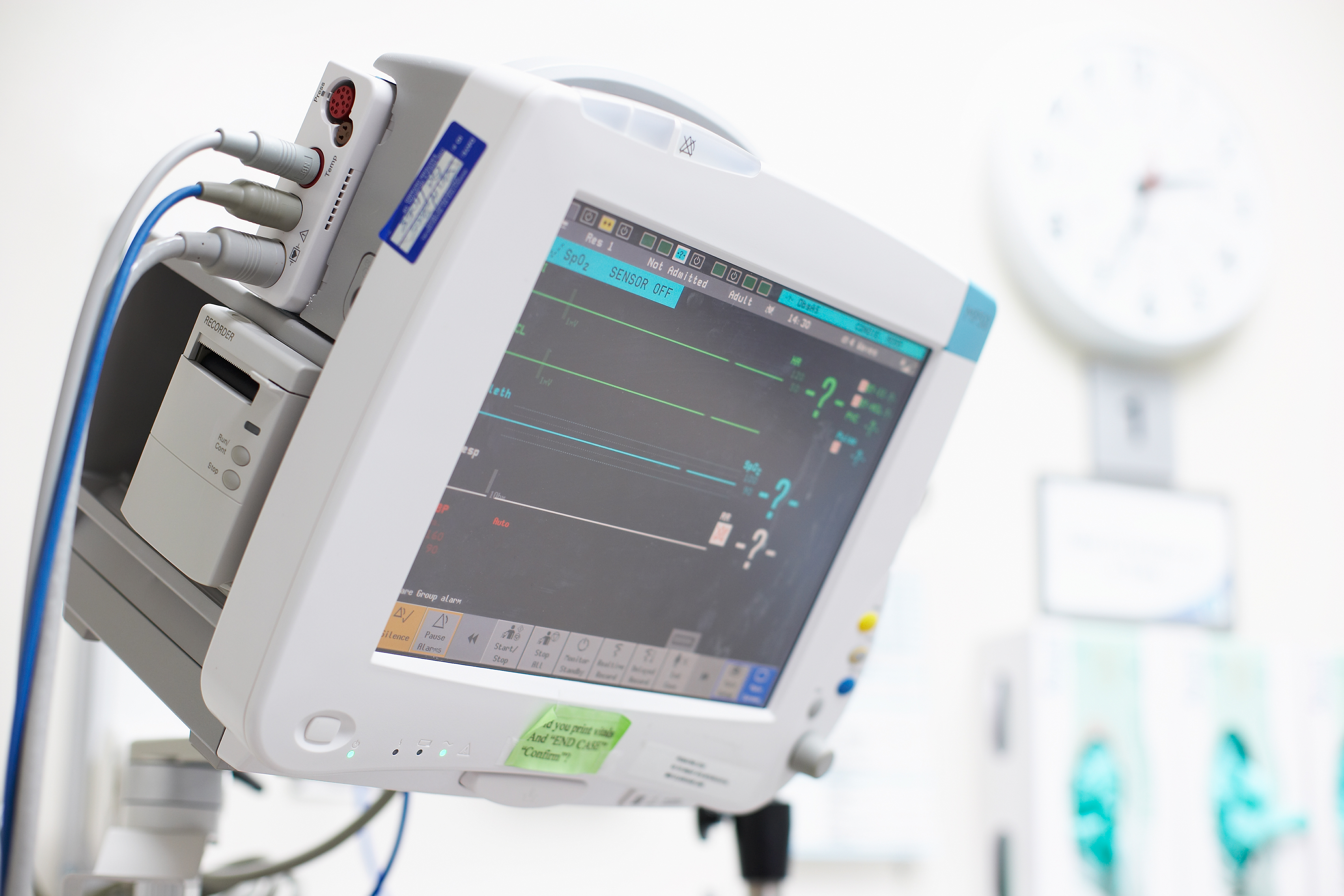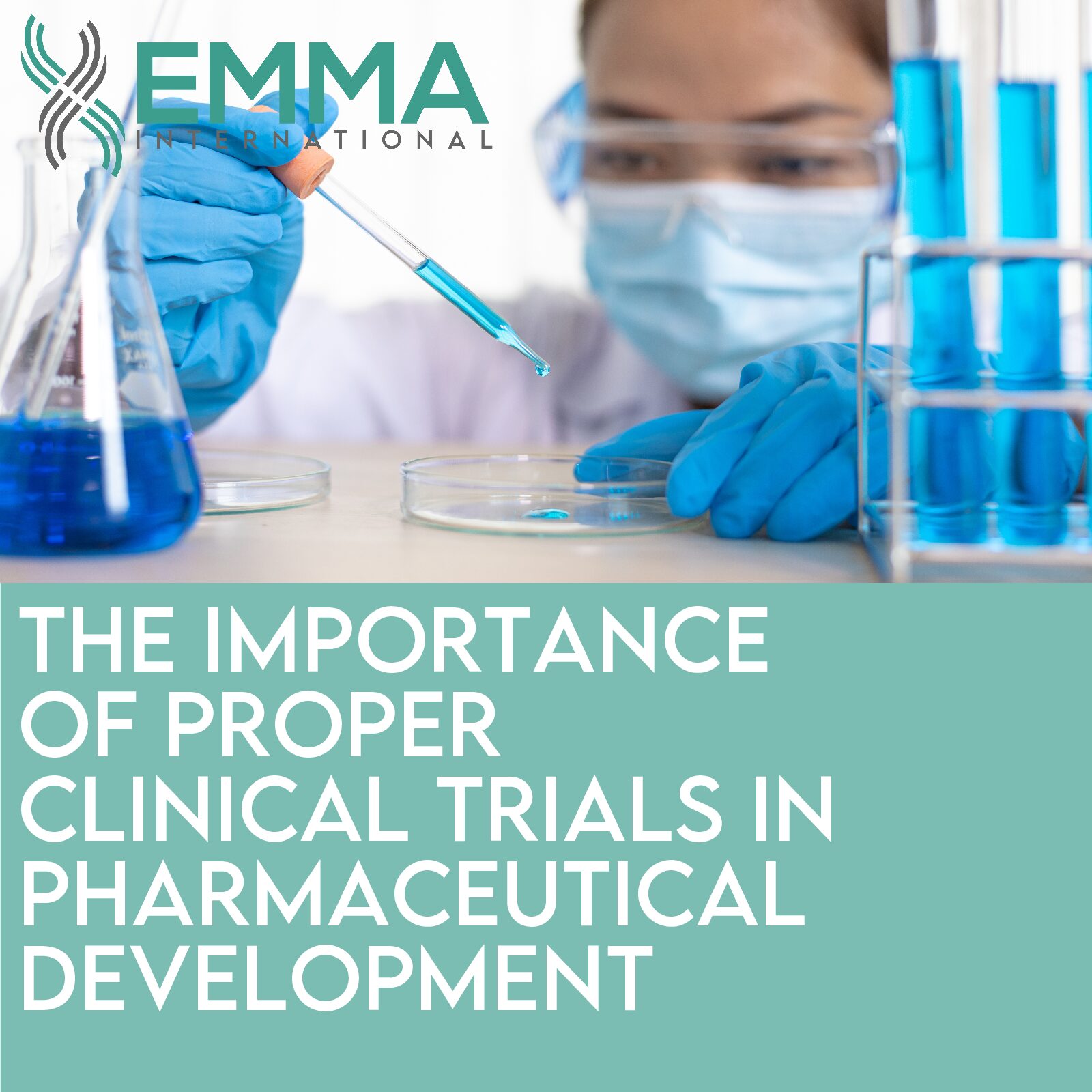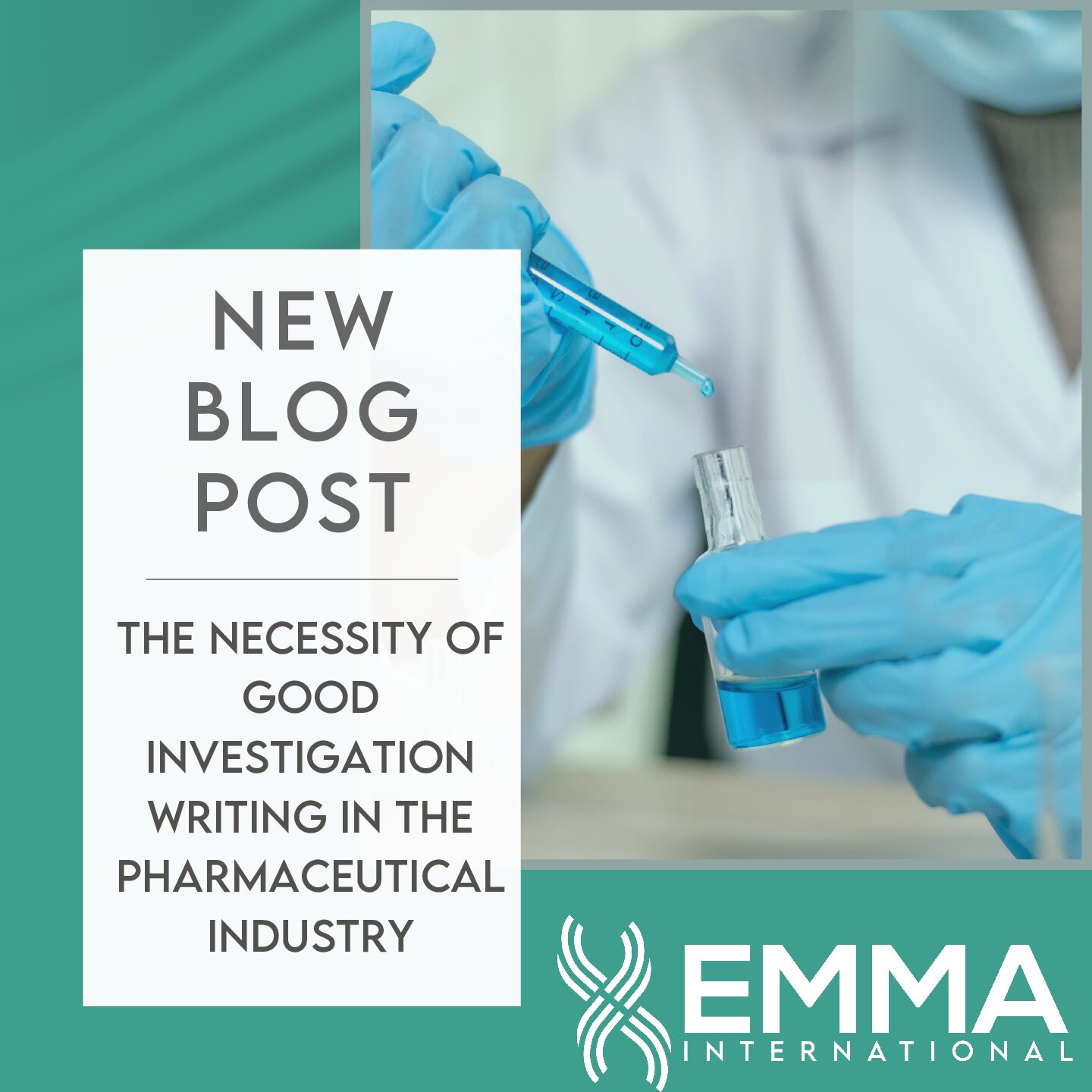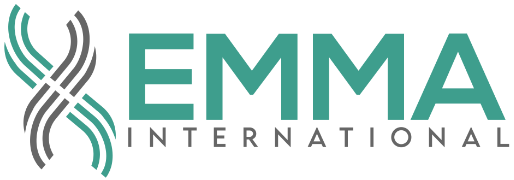Wearables That Diagnose by Design
We can now peer into our genome and microbiome to assess our individual risk of disease, but soon dynamic data will enhance our ability to choose the most effective medical care. Health related apps, trackers and software create robust data sets with the capacity to move personalized medicine into new territory. The real-time communication of biometric information to physicians, researchers and consumers allows for informed decisions to provide the best quality of care.
With an eye towards the health-monitoring market, tech titans like Apple and Alphabet are expanding their wearable technology to encompass tasks like measuring oxygen levels in blood or abnormal heart rhythms. Disruptive technology like this faces unique challenges in the healthcare industry. The FDA recognizes both the potential and challenges of digital health technology innovation and has partnered with select leaders in the medical device and technology sectors to create a streamlined process for safely delivering these powerful tools to the public.
Regulation That Doesn’t Impede Innovation
To enable innovation in digital health technology, the FDA launched the Pre-Certification for Software Pilot Program. Unlike traditional medical devices, software development is the focus of regulation as opposed to a product. The necessity for frequent updates and upgrades, as well as the truncated commercial cycle of new product roll outs requires a new regulatory process to ensure that innovation is not stifled.
The Pre-Certification for Software Pilot Program aims to create a regulatory framework to review systems for software design, validation, and maintenance to determine if a company meets the required quality standards to become “pre-certified”. Pre-certified companies would benefit from an abridged approval process before marketing new digital health tools, provided the software and internal processes are sufficiently reliable.
This partnership with large and small companies began in August and will report on preliminary findings and challenges at a public workshop in January 2018.
Preparing the FDA for the Digital Health Revolution
Not only is the FDA providing guidance on legislation and reinventing regulatory processes, they are also broadening their expertise to prepare for the expansion of digital health technologies. User fees will be used to support new staff members with a deep understanding and practical knowledge of software development and its application to medical devices. Additionally, the FDA is launching an Entrepreneurs in Residence Program to invite organizational and operational input from thought leaders in software development.
The Digital Health Innovation Action Plan details the FDA’s efforts to advance innovation in digital health technology to help people receive the right diagnosis, better manage chronic diseases, as well as, seek preventative care.






